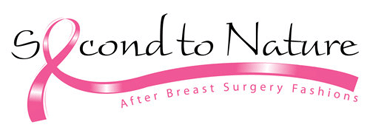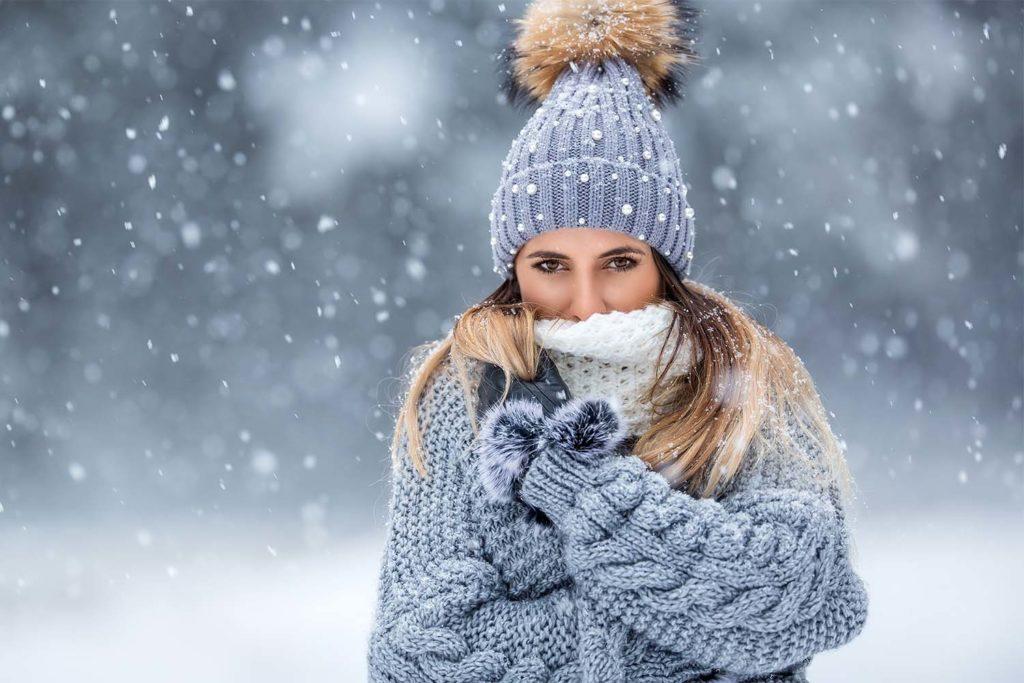Cold Temperatures Can Result in Painful, But Benign, Breast Conditions
This month, Second to Nature’s blog focuses on winter weather breast conditions. Exposure to cold weather can result in various breast health concerns. Sometimes, the condition is rare, like Raynaud’s phenomenon in the nipple. Other times, wearing cold weather clothing on sensitive breast tissue can also lead to mastitis, especially in nursing mothers. Those who tend to have cold appendages or poor circulation can develop nipple vasospasm.
Mastitis: Breast Inflammation and Infections Common in Cold Weather
According to the Mayo Clinic, “mastitis is an inflammation of breast tissue that sometimes involves an infection.” Mastitis symptoms include sudden breast swelling, tenderness, warmth to the touch, skin redness in a wedge-shaped pattern, and fever. Though this condition can occur in both women and men, nursing mothers are most at risk. According to romper.com, the heavy nature of cold weather clothing on breast tissue, as well as the cold weather itself, can cause mastitis.
Vasospasm: Blood Vessels in Nipples Constrict and Worsen When Cold
Cold weather can also result in nipple vasospasm. Vasospasm can occur in any body part; blood vessels constrict, or tighten, causing a burning, throbbing pain. Those with low body mass index commonly suffer from vasospasm in cold weather. Nipple vasospasm worsens when it’s cold. It sometimes shows itself with color changes, such as blue, purple, red, or white. If the nipple turns white, it could also indicate Raynaud’s phenomenon.
Raynaud’s Phenomenon: Vasoconstriction Causes Nipples to Turn White
Only three to five percent of the United States’ general population experience Raynaud’s phenomenon, according to the Cleveland Clinic website. The body’s small blood vessels undergo vasospastic attacks when exposed to cold weather. The skin on the Raynaud’s phenomenon impacted areas turn white or blue (vasoconstriction) and feel cold or numb. Sometimes, women who experience nipple vasospasm actually have Raynaud’s phenomenon.
To find out more about our services, call Second to Nature in Roanoke, VA, at (540) 366-2711. Stay up-to-date when you like and follow us on Facebook. We’d be glad to further discuss winter weather breast conditions.

